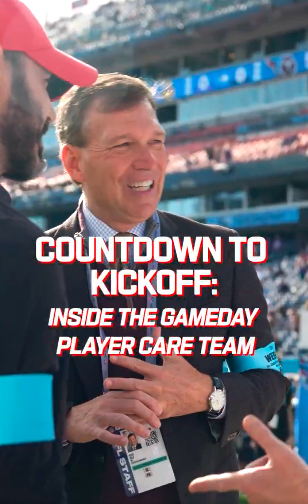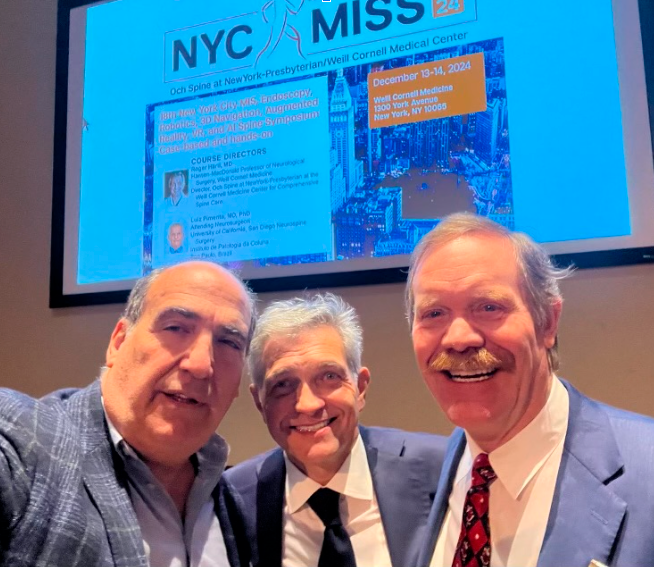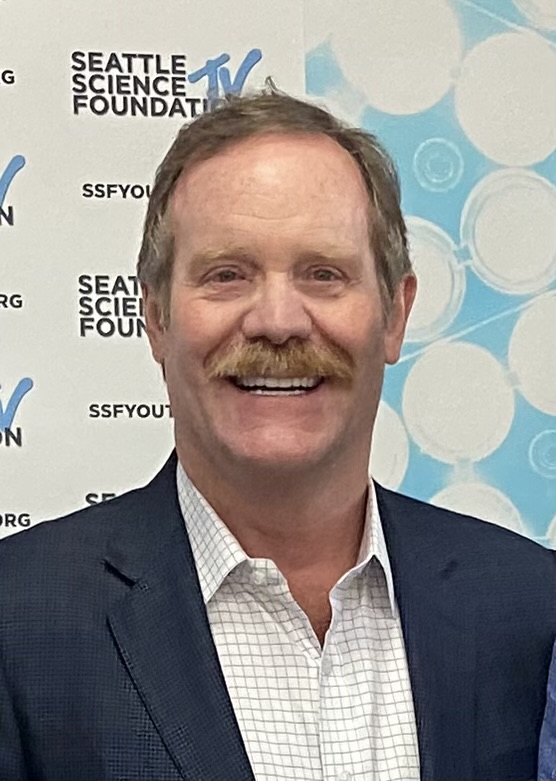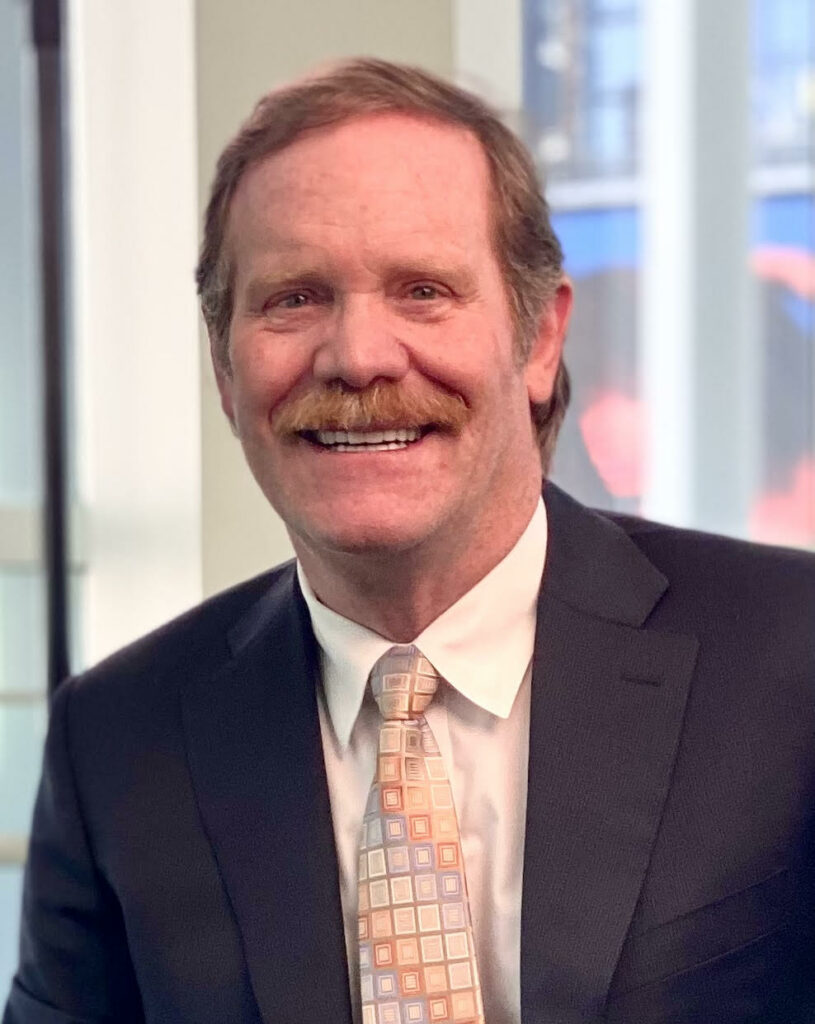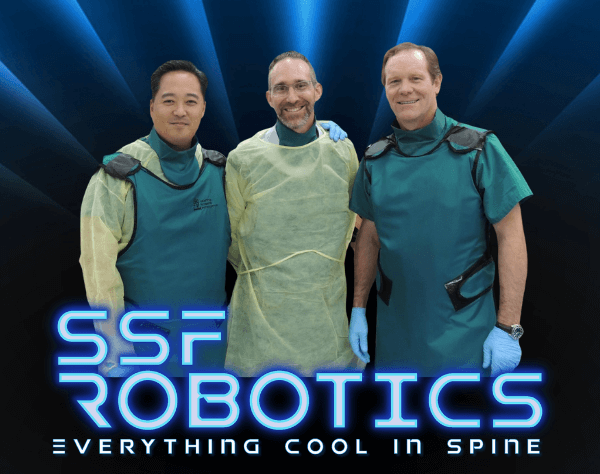We’re proud to share that Dr. J. Patrick Johnson has once again been recognized on both Super Doctors and Los Angeles Magazine’s “Top Doctors” lists for 2025.

Dr. Johnson has been selected for Super Doctors every year since 2008 and Top Doctors since 2006, making him one of the most consistently honored physicians in his field.
Each year, Super Doctors identifies top physicians through peer nominations and independent research conducted by MSP Communications. Inclusion is based on professional achievement and recognition within the medical community—doctors cannot pay to be listed.
Los Angeles Magazine’s “Top Doctors” list highlights the most highly recommended physicians in the region. Based on peer surveys and thorough vetting, the list ensures that only the most qualified doctors are recognized.
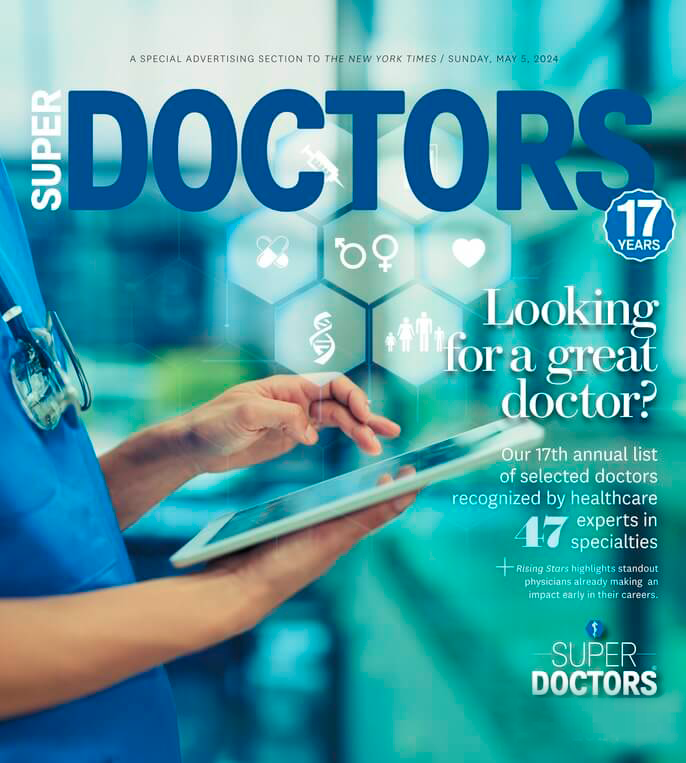
Dr. Johnson’s continued presence on these prestigious lists reflects his dedication to spinal surgery, innovative techniques, and exceptional patient care. As a leading neurosurgeon specializing in spinal disorders, he has served as the Director of the Institute for Spinal Disorders at Cedars-Sinai Medical Center since 2001. He was previously the Director of the UCLA Comprehensive Spine Center from 1993 to 2001.
His commitment to advancing minimally invasive spinal surgery and improving patient outcomes continues to make an impact. Congratulations, Dr. Johnson, on another well-earned recognition!
